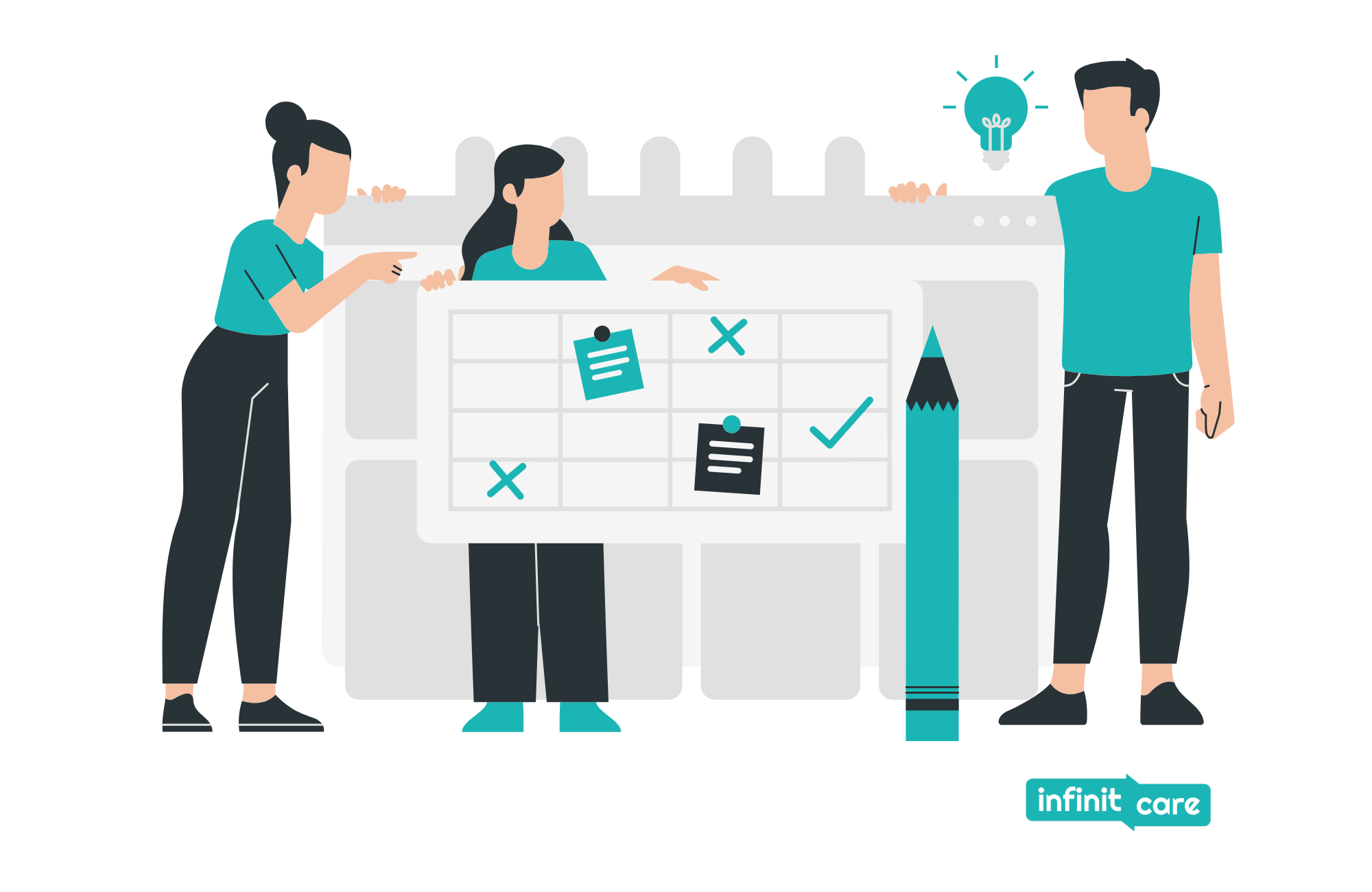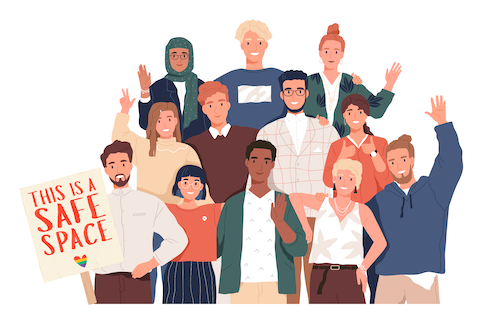World Mental Health Day 2020 – A Call for Workplace Mental Health Programs

This year's World Mental Health Day (10th October) comes at a time as the world experiences COVID-19 and the consequences of social distancing. Stress levels are high from the fear of being caught infected with the virus and from an unstable economy. Fear of losing our jobs and the potential cascading effects unto our livelihood and families generate high levels of anxieties. World Mental Health Day is a reminder that as a community, we can strengthen our connections to one another regardless.
In Singapore, a study was implemented to investigate the stress levels of workers from a variety of industries. The study that was conducted by the National University Health System's (NUHS) Mind Science Centre, found that 61 per cent of those working from home reported feeling stressed, compared with 53 per cent of front liners. Working from home creates a working environment that is inseparable from one's own private life. With no physical office space, the stress from work begin disrupt the work/life balance that an individual may have cultivated prior.
National University Health System's (NUHS) Mind Science Centre, found that 61 per cent of those working from home reported feeling stressed, compared with 53 per cent of front liners
On an individual level, the Center for Disease Control and Prevention (CDC) have cited ways to recognize symptoms of stress and workplace burnout such as feeling irritation, uncertain, lacking motivation and insomnia. However, a lot of the pressure to deal with mental health issues has been placed on the individual and as cited by the World Health Organization (WHO), "[investment] in mental health programmes at the national and international levels, which have already suffered from years of chronic underfunding, is now more than important than it has ever been".
So as a leader or manager of your company, how should you get started with implementing a mental health program?
One possible guideline is the 3Es, coined by Rudi Ramin (a venture builder and mental health advocate), which are Engage, Educate and Embed.
To engage is to have mental health become an open topic of discussion among your peers and colleagues. Much about mental health conversations is kept behind the walls of stigma. However, engaging is beyond just one's peers but also to capture the attention of your stakeholders. These individuals are able to make institutional changes and supply funding necessary for a mental health program to be initiated.
Education are movements such as what the CDC and WHO has been establishing with individual training their abilities to recognize stress and anxiety symptoms. Educating also helps overcome the stigma of mental health issues by providing information that demystifies the many misconceptions we might have about mental illness, further reinforcing the ability to engage with one's peers and colleagues.
Lastly, like all muscles in our body that needs to be trained, to embed is to ensure that mental health initiatives are continued and regular. One of the many myths about counseling and therapy is that these should only be used in times of crisis prevention or recovery. However, regular check ins with a trained mental health professional are becoming more common place even if one may not feel that they are suffering a crisis in the present moment. These check ins help train one's emotional resilience and allows one to constantly strengthen one's hope during a tumultuous time.
As World Mental Health Day continues through this pandemic, there is a call for the leaders to begin mental health initiatives in their companies. The pandemic is now the perfect turning point for the workplace to become a mentally and psychologically safe space.


